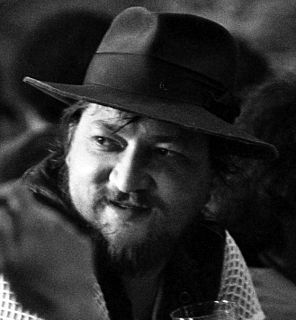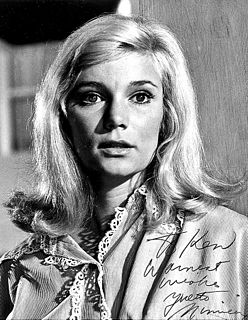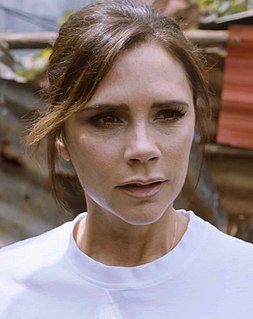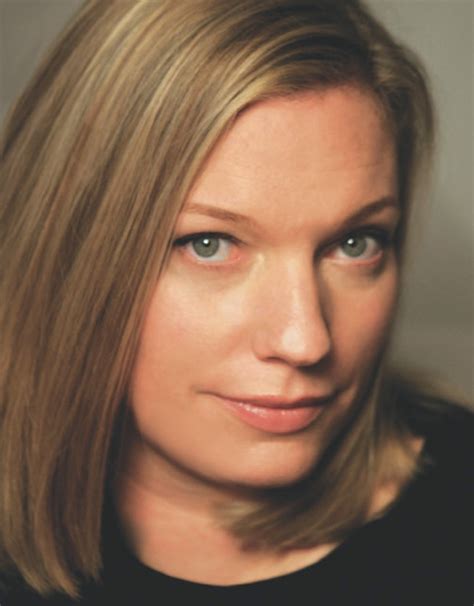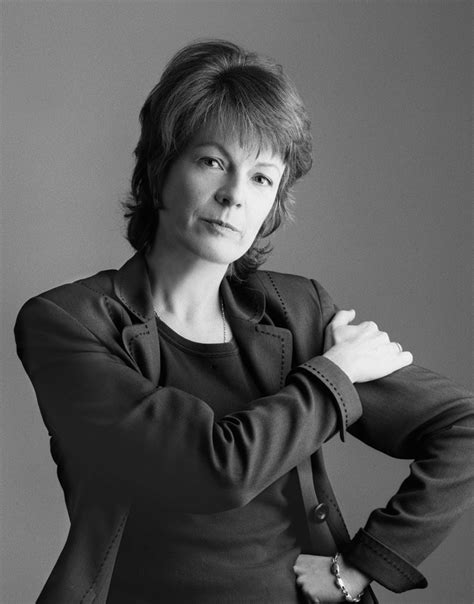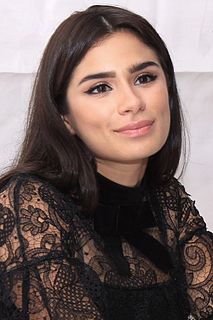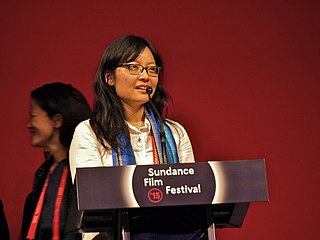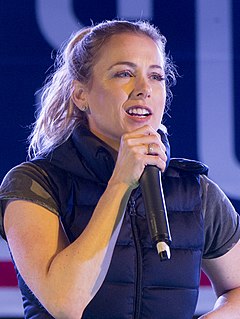A Quote by Rainer Werner Fassbinder
Women think in Sirk's films. Something which has never struck me with other directors. None of them. Usually women are always reacting, doing what women are supposed to do, but in Sirk they think. It's something that has to be seen.
Related Quotes
I think empowerment of women is exactly what's happening now, with women being portrayed as human beings, and not just black and white. Men can be the anti-hero all the time, and it's cool, but when women are, they're twisted or messed up or something is wrong with them. I think it's just about portraying women in the world as equals to men, and vice versa.
I think the idea that feminism is dead is dangerous because it leads women and men to believe that (1) they don't have to do anything; the work has been done, and that everything is okay now; and (2) it leaves them kind of alone, I think, in a struggle, and that's something I've seen a lot when I go to colleges and I speak to young women.
Female directors really do need to support each other. Too many times I've been led to believe that my direct competition was other women, as if there can be only a handful of successful female filmmakers a year. That conversation, that perception, needs to change. Women are the people who have helped me make films I love, and I want to be that kind of strength to other women.
